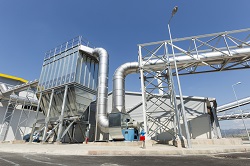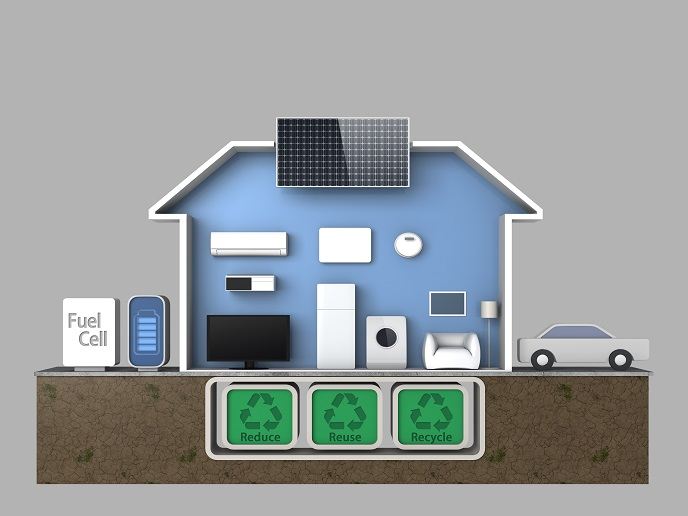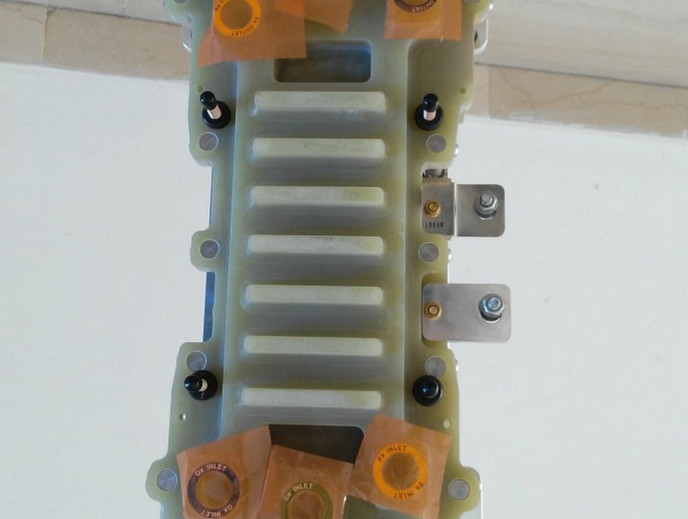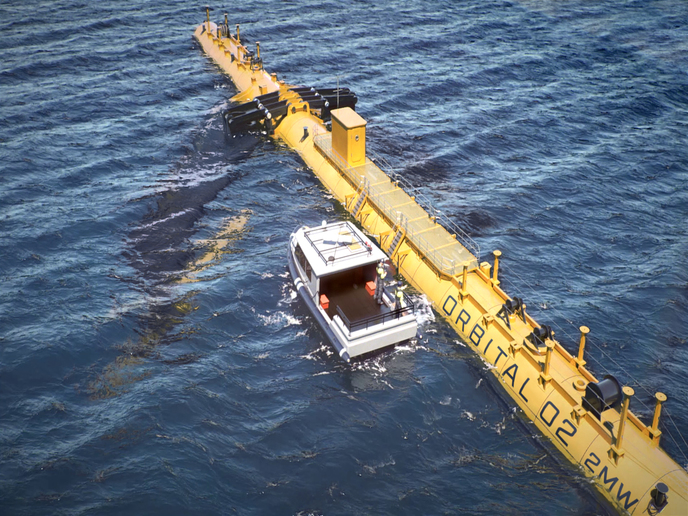Bridging the gap between renewable and reliable energy with methanol
METAFUEL’s most important innovation is an eco-friendly and affordable electrical power system called Ecoport, initially for industrial settings and leisure applications. Ecoport generates electricity using renewable methanol liquid fuel, with the project aiming to make this clean (carbon neutral) energy more widely available, from stationary Off-Grid power in remotest locations to electric vehicle applications, extending the vehicle’s range and making it suitable for winter use. The Ecoport fuel cell energy system is in the low kW range. It combines the highest resistance to extreme temperatures with cost-efficiency and environmental benefits. Developing the most efficient liquid fuel power energy system The methanol used by Ecoport can be captured from a range of sources such as landfill sites, non-food biomass and carbon dioxide. Using carbon capture, utilisation and storage (CCUS), carbon emissions from sources like coal-fired power plants are captured and either reused or stored, so they do not enter the atmosphere. The captured carbon is then combined with water or hydrogen to produce methanol, which in turn can be turned into a liquid fuel – a process requiring renewable energy such as wind or sun to keep it climate-neutral. Crucially, this process is usable within existing infrastructure. “We use methanol because it is cheaper and cleaner than diesel oil, with no emissions like NOx or particle matter. Spillage is also harmless to nature, which makes its usage in ecologically sensitive areas less risky. Finally, it is available worldwide and so doesn’t entail as many social, environmental and political problems as traditional fuels,” says project coordinator Mr Volker Harbusch. The initial aim of METAFUEL was to develop a manufacturing and maintenance fuel cell system for the mass market at a reduced cost. Doing their market research, the team discovered that there were some diesel generators with an output of less than 4 kW, but none available to a professional standard below 3 kW – so they set out to fill this gap in the market. METAFUEL first lab-tested the basic specifications (lifetime, resistant to drop tests, shock, vibration, tilt-safe) of component prototypes. Successful components were then mounted into the test system, to assess overall product specifications. In order to cater for the maintenance and servicing of applications intended for areas such as remote measuring equipment and telecommunications, the project team had to ensure internet access for data monitoring of aspects such as fill level, on-off cycles and battery level. An off-grid solution supporting electricity from renewables Initial applications are intended for off-grid sectors, principally as a replacement for noisy, polluting and inefficient diesel generators. Unlike these generators, the Ecoport does not require daily re-fuelling or maintenance and comes without emissions and at a much-reduced fuel price. An example is remote holiday home power generation, with Ecoport either replacing existing diesel generators or closing the supply gap when solar panels or small-scale wind turbines prove inadequate. Another important application could be for rural electrification in developing countries, where smart combinations of renewable energy, batteries and fuel cells can provide independent, clean and safe power-on-demand in the most remote regions. Additionally, the technology can be used to lower construction costs for renewable energy production. As Mr Harbusch summarises, “With Ecoport, we are all set to replace diesel generators. The power production is exceptionally eco-friendly, virtually silent and highly efficient with an efficiency rate of about 40 %. Added to which, the globally available and inexpensive methanol costs 70 % less than diesel. But local production, to develop independence from oil imports, is key. Both China and India are already moving in this direction. The EU needs to keep up.” The project team are now working towards making the Ecoport system smaller, lighter and cheaper by combining the functionality of different components. This makes it even more attractive for a wider range of applications including auxiliary power units for electrified utility vehicles as well as mobile and stationary measuring and surveillance equipment.







